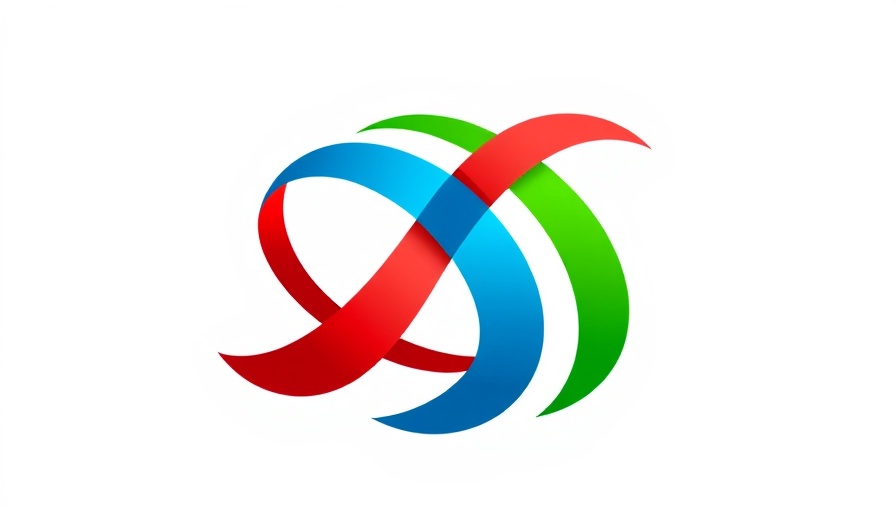
Accusations and Responses in Plateau State
The ongoing crisis in Plateau State, Nigeria, has escalated tensions between the Fulani herders and the Berom farming communities. The Mahanga community, inhabited by the Fulani, has publicly refuted claims of harboring terrorists, insisting that such allegations are unfounded and intended to tarnish their image. In the wake of several violent incidents, the Berom ethnic group has consistently accused the herders of providing sanctuary to armed groups responsible for attacks, prompting a heated exchange of accusations and counter-accusations.
Context of Violence and Misunderstanding
Over the past two months, there have been reports of significant violence in the region, with Berom leaders claiming that their communities have suffered heavy losses because of herder attacks. Conversely, Fulani representatives argue that they have been victims of violent raids, citing the loss of over 100 cattle to gunmen. The lack of evidence tying any acts of violence directly to the Fulani in Mahanga raises questions about the broader narratives fueling conflict in the region.
The Role of Security Forces
During a visit from a fact-finding committee established by Governor Caleb Mutfwang, Fulani leader Ardo Mahmud Adam highlighted the sustained presence of security forces known as Operation Safe Haven, questioning why these forces have not arrested alleged terrorists if they truly exist in Mahanga. This argument underscores the complexities of security and governance in Nigeria, where accusations often lack substantiation and can worsen existing inter-ethnic tensions.
Political Implications for Local Governance
The current situation in Plateau State represents a microcosm of larger geopolitical issues affecting Nigeria as a whole. The Fulani community, represented by Alhaji Bello Adamu, Chairman of the Miyetti Allah Cattle Breeders Association in Riyom, stresses the importance of equitable treatment under the law and the dangers of social media labeling that vilifies their identity. This claims highlight critical governance challenges where ethnic communities feel marginalized and unjustly treated by the state.
Future Outlook: Managing Ethnic Relations
As these conflicts persist, the need for inclusive governance becomes ever more pressing. The call by retired Major General Rogers, chairman of the fact-finding committee, for restraint and dialogue between the groups points to possible pathways for de-escalating tensions. Investing in diplomatic engagement, alongside tangible policy actions that address grievances of both the herders and farmers, may be necessary to foster a climate of peace and mutual respect. Ultimately, ensuring the security and rights of all communities in Plateau State will require a nuanced approach grounded in respect for the diverse fabric of Nigerian society.
 Add Row
Add Row  Add
Add 


Write A Comment